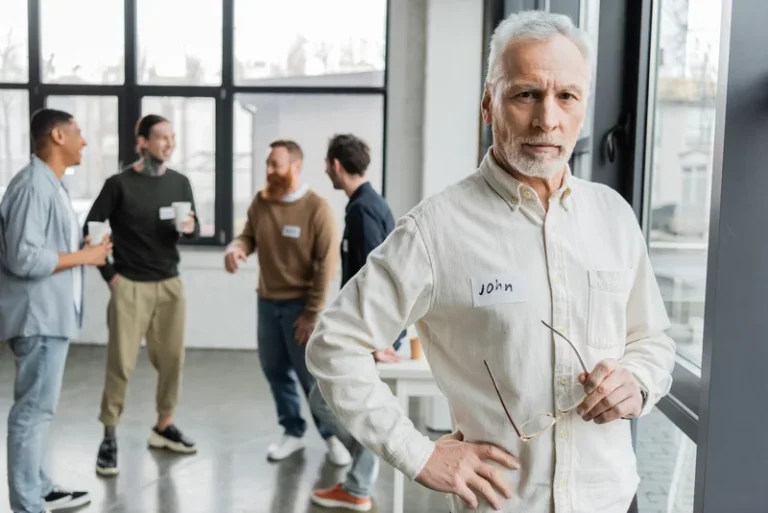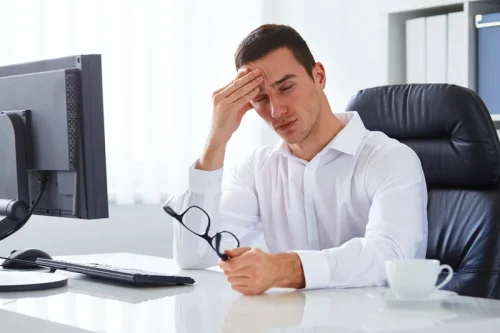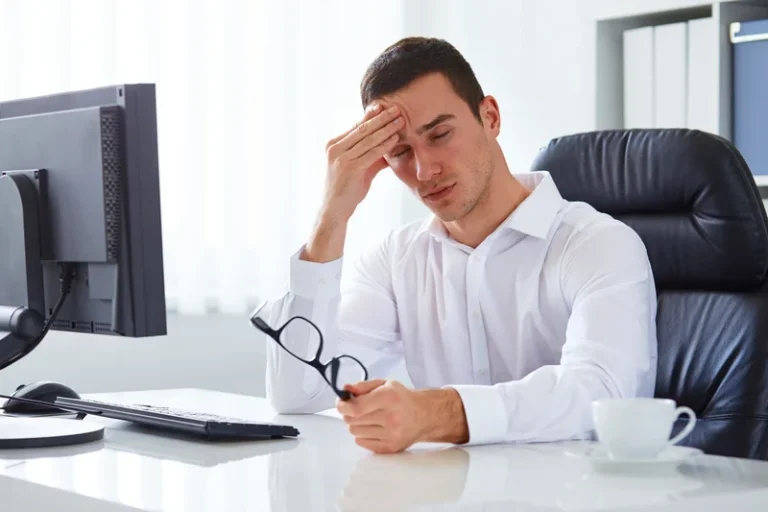
Because alcohol makes you more likely to do things that you might not otherwise do, consuming it can interfere with an otherwise healthy diet. Alcohol reduces the amount of vasopressin that your body makes. That’s why you often have to urinate more frequently when you’re drinking. Still, much mystery surrounds exactly what effects alcohol can have, and whether small helpings of certain types of our favourite beverages can have some benefits. Some people may also begin to notice skin issues, such as rosacea, increased redness and thread veins on the face, into their thirties and forties. “Alcohol definitely makes rosacea and redness worse, which can go from being acute (every now and then) to becoming chronic,” says Spierings.
- Another interesting finding in Hou’s work was the influence of the type of alcohol.
- “Achieving climax can boost self-esteem, decrease anxiety and depression and give your body a big dose of oxytocin, the happy hormone,” she explains.
- Shares of all three companies were down between 4.8% to 5.5% after the Wall Street Journal first reported news of the bill.
- From increasing our risk of cancer and liver damage to worsening pre-existing conditions such as diabetes and high blood pressure, alcohol affects nearly every system in our body that impacts our health and well-being.
- Therefore, you’re at a greater risk of developing a wide range of health problems, including the neurodegenerative conditions that affect your cognition and memory.
Can biological age be reversed?
This can be to do with several factors, including our liver’s ability to detoxify alcohol, as well as hormonal changes, explains Dr Brooke Scheller, =https://ecosoberhouse.com/ doctor of clinical nutrition and author of How to Eat to Change How You Drink. The Reframe app equips you with the knowledge and skills you need to not only survive drinking less, but to thrive while you navigate the journey. Our daily research-backed readings teach you the neuroscience of alcohol, and our in-app Toolkit provides the resources and activities you need to navigate each challenge.
Your Alcohol Consumption

By adding extra stress to your body and depriving it of the nutrients it needs to rebuild, alcohol can place you years ahead in the aging process, and affect how you look. There are many ways alcohol can put an extra strain on your body. Alcohol causes your body to release more stress hormones, which speeds up the aging process. It also affects the Oxford House healthy functioning of your digestive system, making it harder for you to absorb essential nutrients.

Sodas and Energy Drinks
- Back in 2022, Topiwala and her team from Oxford Population Health studied 245,000 participants in the UK to measure how alcohol consumption affects telomere length.
- Let’s also take a look at why, as you get older, drinking alcohol may affect you differently.
- They also found that participants who adhered to a Mediterranean diet, the Alternate Healthy Eating Index and the researchers’ own nutrient index had lower GrimAGE2 scores.
- Eating a low-fat diet may help you lose weight (or not), but one thing it definitely does is speed up the aging process, says Usama Azam, MD, of Health Tips Hub.
- “The first is alcohol – alcohol ages your skin by dehydrating your body, making your skin look older.
Those who consumed 32 units of alcohol a week, for example, were three years older biologically than someone who drank 10. There was no detectable additional damage to the DNA of those who consumed less than 17 units a week — where 20 units equals two 750ml bottles of wine (or, 25.4 ounces) at 13.5 percent alcohol content. This suggests “a does alcohol make you look older necessary minimum amount of alcohol consumption is required to damage telomeres,” according to the authors. Broken bones from a stumble are a serious health issue for seniors. It’s because alcohol can affect your balance and sense of judgment. Over time, it also can damage the cerebellum, the area in your brain that handles balance and coordination.

Other Aspects of the Alcohol and Aging Dilemma
Scientists have found a new link between diet and colon-cancer risk that could change how we fight the disease with more targeted treatments. Symptoms of binge drinking can be hard to decipher, especially for older adults. While the percentage of older adults who are binge drinkers has increased slightly, the growing number of older adults who are in this age group will double in the next 40 years. Spicy food makes your blood vessels swell and even break, leading to purple marks on your face. If you have rosacea — common in women after menopause — the heat from spice can trigger a flare-up. It also raises your body temperature, so you sweat to cool back down.

No comment